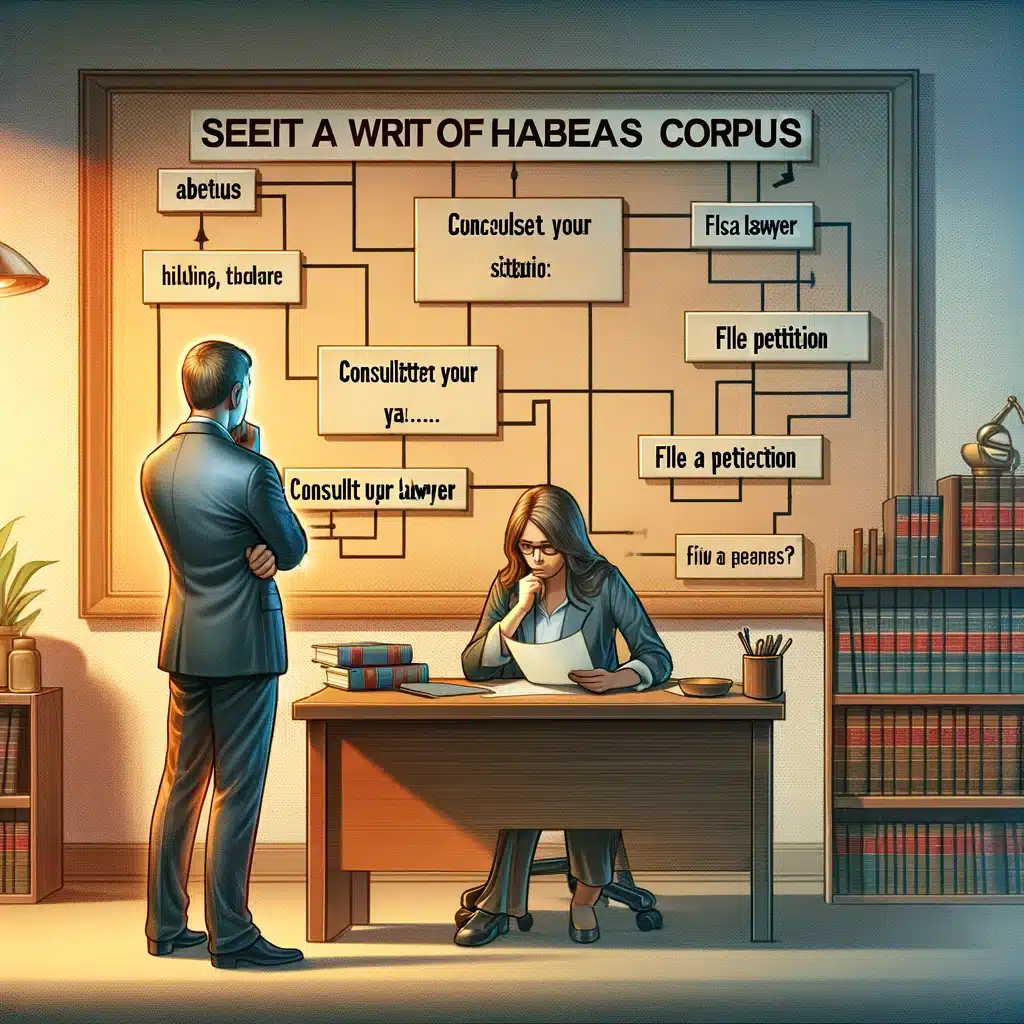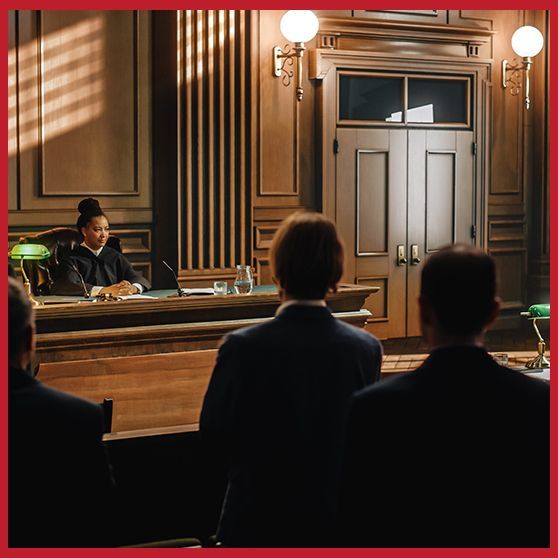Understanding the Role of a Post-Conviction Lawyer in Looking For Justice After a Criminal Sentence
In the complex landscape of post-conviction legal proceedings, the duty of a post-conviction legal representative is crucial in browsing the course to justice after a criminal conviction. Past the boundaries of a test, these lawful experts participate in a multifaceted approach targeted at discovering new proof, difficult legal errors, and supporting for their customers' rights. The complexities of post-conviction work call for a mix of legal acumen, investigative abilities, and calculated believing to unravel the intricacies of a situation and pursue avenues that might have been ignored or underexplored. As the quest of justice extends past the boundaries of initial process, the function of a post-conviction lawyer becomes a beacon of expect those seeking to rectify oppressions and reclaim their civil liberties within the legal system.
Post-Conviction Attorney's Investigative Work
Post-conviction attorneys take part in meticulous investigatory job to discover new proof, step-by-step errors, or transgression that might potentially lead to rescinding a conviction. This investigatory stage is important in the post-conviction process as it intends to determine any forgotten details or lawful mistakes that might have impacted the outcome of the first trial. Post-conviction lawyers dig into instance data, witness testaments, and lawful documents with a fine-tooth comb, searching for any kind of inconsistencies or irregularities that can be grounds for allure.
Through thorough examination, post-conviction legal representatives aim to lose light on prospective oppressions that may have taken place during the original test. They may carry out interviews, talk to experts, and evaluation forensic proof to build an engaging instance for their clients. By inspecting every facet of the legal procedures, post-conviction attorneys function tirelessly to discover any kind of elements that might have affected the verdict. Eventually, their investigatory work plays a crucial role in the quest of justice and the possible reversal of wrongful convictions.
Crafting Appeals and Petitions
In the pursuit of justice after a sentence, experienced attorneys carefully craft charms and applications to existing engaging debates for the reconsideration of lawful choices. Crafting appeals and requests needs a deep understanding of the legal system, interest to detail, and tactical thinking. Post-conviction attorneys evaluate trial records, determine prospective errors or infractions of legal rights, and establish legal arguments to challenge the conviction or sentence.
When crafting an allure, legal representatives concentrate on highlighting legal mistakes that might have impacted the end result of the instance. They investigate situation legislation, statutes, and lawful criteria to support their arguments. Petitions, on the various other hand, might include presenting new proof that was not offered during the test or showing modifications in the legislation that require a review of the sentence.
Additionally, post-conviction attorneys should adhere to stringent procedural rules and target dates when submitting appeals and applications. They need to present their arguments plainly and persuasively to convince the court to grant alleviation to their clients. Through thorough crafting of charms and petitions, post-conviction legal representatives aim to safeguard justice for people who have actually been wrongfully convicted or unjustly sentenced.

Seeking Post-Conviction Relief
Post-conviction alleviation incorporates an array of legal mechanisms made to test the legitimacy of a sentence or sentence. Post-conviction attorneys play an essential duty in browsing these complex procedures, ensuring that all lawful options are discovered to correct injustices that might have occurred throughout the trial or sentencing stage.
One common type of post-conviction alleviation is submitting an application for post-conviction relief, usually based on cases of ineffective support of advise, prosecutorial misconduct, recently found proof, or constitutional offenses. Experienced post-conviction legal representatives have the skills and knowledge required to determine feasible lawful cases, conduct investigations, and present compelling disagreements to protect relief for their clients.
Using Forensic Evidence
When challenging a conviction or sentence, the tactical use of forensic proof can be an effective device in post-conviction legal procedures. Forensic evidence encompasses a variety of scientific strategies made use of to investigate crimes and establish realities in court. Post-conviction legal representatives can utilize forensic proof to challenge the credibility of convictions by offering brand-new clinical findings that were not offered during the initial test.

Participating In Sentence Alterations
Post-conviction lawyers may explore the possibility this article of sentence modifications as a legal avenue to address disproportionate or unjust sentences handed down in criminal cases. Sentence adjustments include seeking changes to the terms of a defendant's sentence after a sentence has actually happened. These alterations can consist of minimizing the size of a sentence, altering the kind of punishment imposed, or exploring different sentencing alternatives.
Post-conviction legal representatives can go after sentence adjustments through various lawful devices, such as filing motions for sentence reduction, appealing for compassionate release, or working out plea bargains for lowered sentences. They need to very carefully evaluate the circumstances of the instance, examine the legal grounds for looking for an adjustment, and present engaging disagreements to the court supporting the demand for a modified sentence.
Taking part in sentence alterations needs an extensive understanding of criminal law, punishing standards, and the specific treatments included in seeking post-conviction alleviation. Post-conviction attorneys play an important role in promoting for fair and simply outcomes by difficult sentences that are unduly extreme or do not align with the principles of justice.
Final Thought
Finally, the function of a post-conviction lawyer is critical in seeking justice after a criminal sentence. Through investigatory work, crafting charms and petitions, going after post-conviction relief, using forensic proof, and participating in sentence adjustments, these attorneys play an essential role in supporting for their clients and making sure that their rights are maintained within the criminal justice system. Their devotion and experience are vital in browsing the intricacies of post-conviction proceedings and accomplishing a reasonable outcome for individuals dealing with criminal sentences.
Comments on “Lawful Competence on Habeas Corpus: Attorney Providers and Assistance”